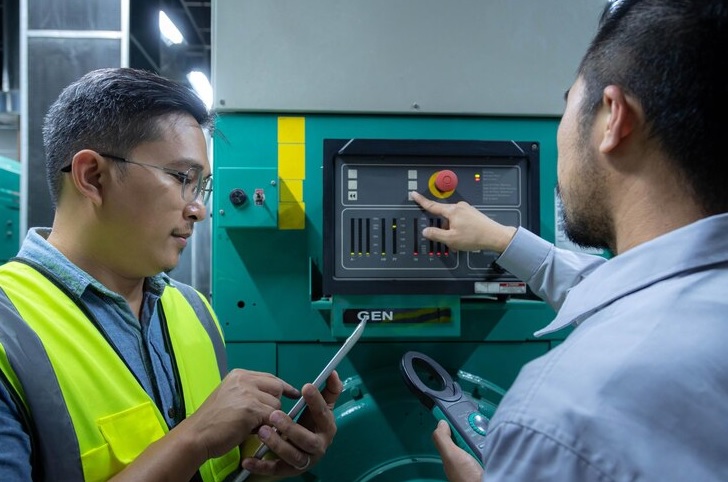Motor circuit analysis (MCA) is an essential predictive maintenance technique utilized by equipment performance monitoring services to assess the condition of critical rotating machinery. By performing a comprehensive series of electrical tests, MCA provides in-depth diagnostic data about the operating health and performance of motors, generators, servomotors and other electro-mechanical assets.
This powerful analysis method allows for early detection of developing faults like insulation degradation, voltage imbalances, overheating, misalignment and more – often before they lead to major failures or unexpected downtime. For facility operators, implementing MCA as part of a world-class condition monitoring program is invaluable for maximizing asset reliability, availability and productive uptime while minimizing costs and safety risks.
The MCA Diagnostic Process
To assess the electrical condition of a motor or generator, motor circuit analysis evaluates key properties of the equipment’s circuitry including resistance, inductance, capacitance, impedance, phase angles, current/frequency ratio, dissipation factor, and static/dynamic electrical signatures. A typical MCA diagnostic follows this process:
- With the asset de-energized, take offline electrical tests to establish baseline readings
- While the equipment is running, perform online current analysis and voltage analysis
- Analyze the data to identify any anomalies or deviations from established benchmarks
Even subtle changes in these electrical properties can indicate issues like turn-to-turn shorts, ground faults, contamination, loose connections, and other developing faults. By detecting them early through motor circuit analysis, MCA allows the opportunity for remedial actions before catastrophic failures occur.
Applications Across Industries
Motor circuit analysis has applications across numerous industry sectors wherever critical rotating equipment is utilized, such as manufacturing, power generation, oil and gas, mining, utilities, and more. Whether for AC or DC motors, generators, servos or other rotating assets, MCA provides invaluable equipment performance monitoring services.
For these facilities, the key benefits of implementing motor circuit analysis as part of a comprehensive predictive maintenance program include:
- Improved asset reliability and availability through early fault detection
- Extended useful operating life by identifying issues before major damage
- Enhanced workplace safety by mitigating electrical hazards and fire risks
- Comprehensive equipment condition data even during normal operations
- Optimized maintenance strategies, production schedules and budgets
By continuously monitoring asset health through techniques like MCA, facilities can transition away from reactive maintenance approaches. This proactive, predictive maintenance strategy increases uptime, reduces costly unexpected breakdowns, and improves overall risk management.
Whether for new installations or aging assets, motor circuit analysis should be a core component of the predictive maintenance program at any facility that relies on rotating machinery. The detailed diagnostic insights it provides about electrical system condition allows maintenance teams to plan repairs during scheduled outages and optimize equipment lifetime performance and reliability.
Motor circuit analysis offers a powerful condition monitoring solution for pinpointing developing faults before they result in downtime events. By leveraging MCA’s in-depth electrical signature analysis as part of equipment performance monitoring services, operators can make data-driven decisions to increase asset availability, productivity and operating safety while minimizing costs and risks.




